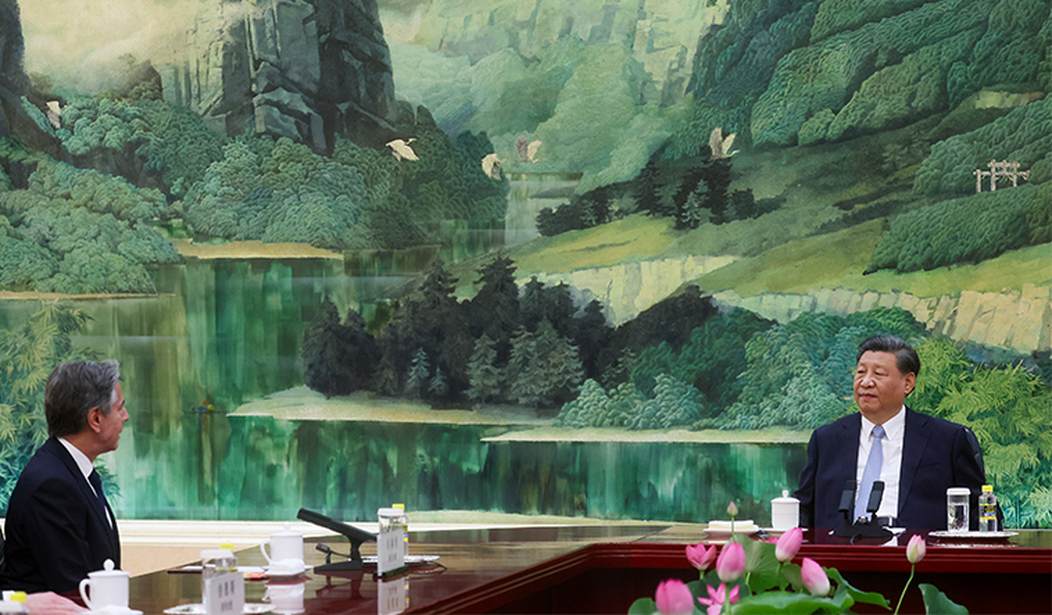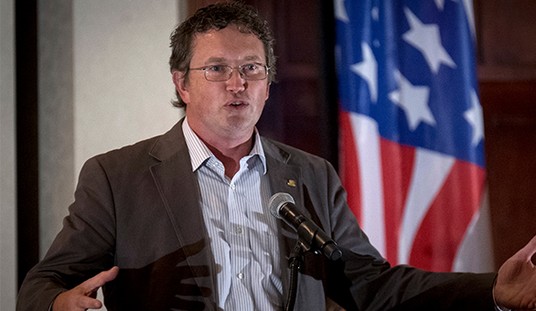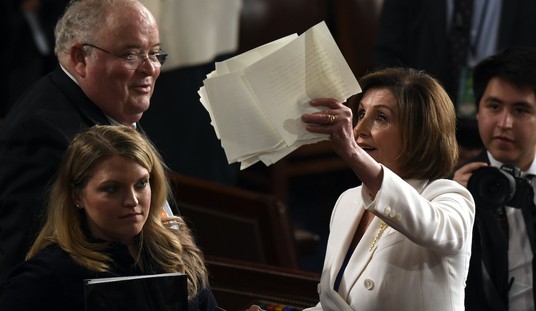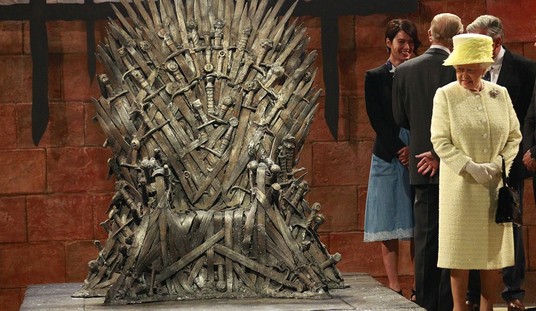U.S. Secretary of State Antony Blinken traveled to China over the weekend with an aim toward improving relations between the two countries following ratcheted tensions and a series of dust-ups (see, e.g., Chinese spy balloon; overseas “police stations”; warship near-miss).
The trip came on the heels of a brush-off by Assistant Secretary of State for East Asian and Pacific Affairs Daniel Kritenbrink of a scheduled appearance before the House Foreign Affairs Subcommittee on the Indo-Pacific last Wednesday.
Read more: Asst. Sec. of State Blows off Congressional Hearing on China Just Ahead of Blinken Trip.
It also followed a rebuff of U.S. Defense Secretary Lloyd Austin by China’s defense minister at the recent Shangri La Dialogue security summit. As Brittany Sheehan reported:
While Beijing has refused U.S. talks at the defense summit, Japan’s Hamada is expected to attend and meet with the Chinese Minister of National Defense Li Shangfu at this weekend’s summit. In an effort to enhance communication and prevent unintended incidents in the volatile region, Japan and China established a defense hotline in March. This milestone led to the recent inaugural telephone conversation between Japanese Defense Minister Hamada and his Chinese counterpart, Li.
However, Washington and Beijing officials have not established a comparable hotline. In February, after the U.S. downed a Chinese espionage balloon that had passed over sensitive military sites, Austin attempted to reach out to the Chinese crisis line, but nobody picked up his call. Chinese Defense Minister Wei Fenghe declined to get on the line, the Pentagon said.
According to a 2008 agreement, the U.S.-China military hotline operates through a series of steps where one capital sends a request to the other for a joint call or videoconference between high-ranking officials using secure communication lines. While the agreement allows for a 48-hour response time, there are no restrictions preventing immediate communication between the officials. Current and former U.S. officials report that at times when the U.S. calls, the Chinese officials don’t even pick up.
Blinken’s arrival in China Sunday was also inauspicious.
Blinken lands in China. No red carpet, no greeting party and no high level CPC officals. pic.twitter.com/BNDlj66qz4
— DaiWW (@BeijingDai) June 18, 2023
Nevertheless, Blinken met for several hours with Chinese Foreign Minister Qin Gang on Sunday.
In the first round of talks on Sunday, Blinken met for nearly six hours with Chinese Foreign Minister Qin Gang, after which both countries said they had agreed to continue high-level discussions. However, there was no sign that any of the most fractious issues between them were closer to resolution.
Both the U.S. and China said Qin had accepted an invitation from Blinken to visit Washington but Beijing made clear that “the China-U.S. relationship is at the lowest point since its establishment.” That sentiment is widely shared by U.S. officials.
That dialogue was followed on Monday by a three-hour meeting with China’s top diplomat, Wang Yi. Blinken then met briefly with Chinese President Xi Jinping.
In his remarks to Xi during the 35-minute session at the Great Hall of the People, which was not announced until an hour before it started, Blinken said “the United States and China have an obligation and responsibility to manage our relationship.”
“The United States is committed to doing that,” Blinken said. “It’s in the interest of the United States, in the interests of China, and in the interest of the world.”
Blinken was sanguine regarding the discussions, characterizing his conversations with Chinese officials as “candid and constructive.” However, the talks failed to secure an agreement by the Chinese to resume military to military communications, which was billed as a top U.S. priority.
Blinken said later that the U.S. set limited objectives for the trip, and achieved them. Blinken added that he had raised the issue of military to military communications “repeatedly.”
Xi’s comments following the meetings suggest China sees itself retaining the upper hand in relations with the U.S.
According to a transcript of the meeting with Blinken, Xi pronounced himself pleased with the outcome of Blinken’s earlier meetings with two top Chinese diplomats, and said the two countries had agreed to resume a program of understandings that he and President Joe Biden agreed to at a meeting in Bali last year.
“The Chinese side has made our position clear, and the two sides have agreed to follow through the common understandings President Biden and I had reached in Bali,” Xi said.
…
“The two sides have also made progress and reached agreement on some specific issues,” Xi said without elaborating, according to a transcript of the remarks released by the State Department. “This is very good.”
“I hope that through this visit, Mr. Secretary, you will make more positive contributions to stabilizing China-U.S. relations,” Xi added.















Join the conversation as a VIP Member